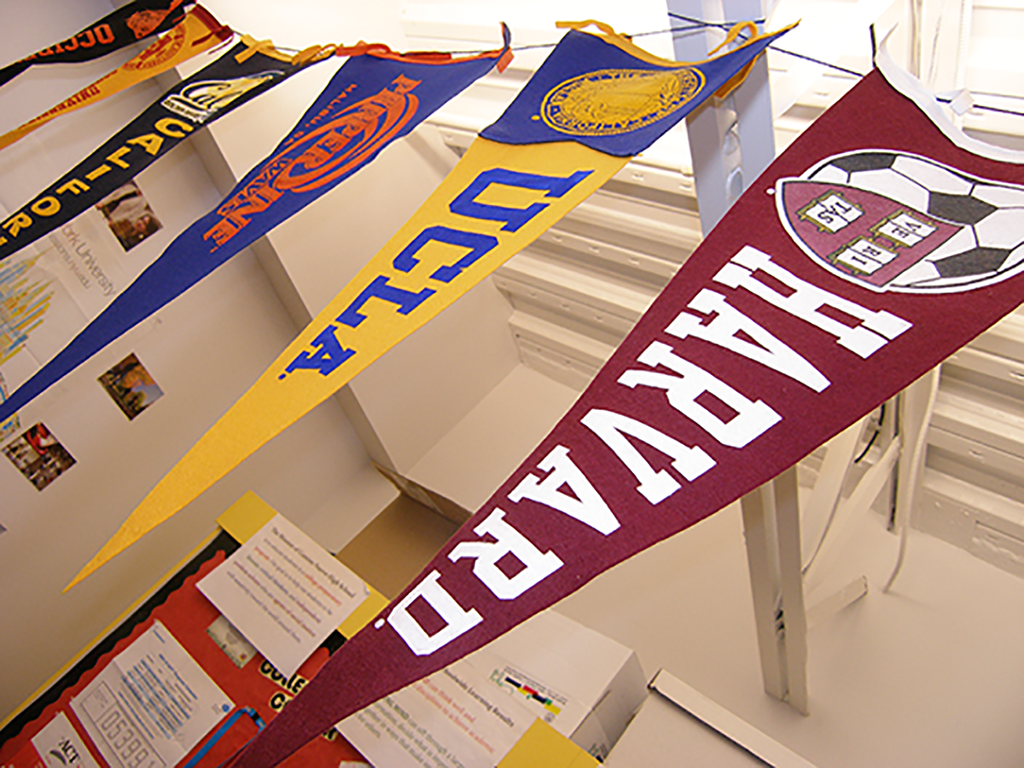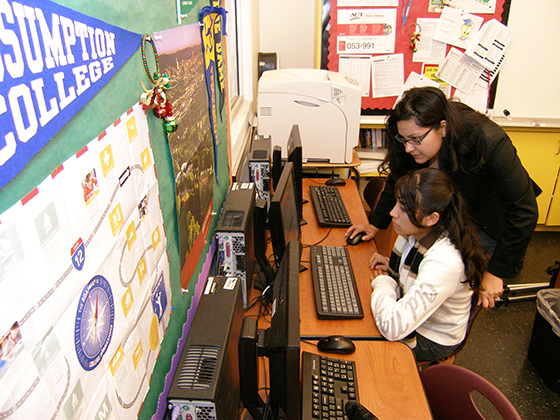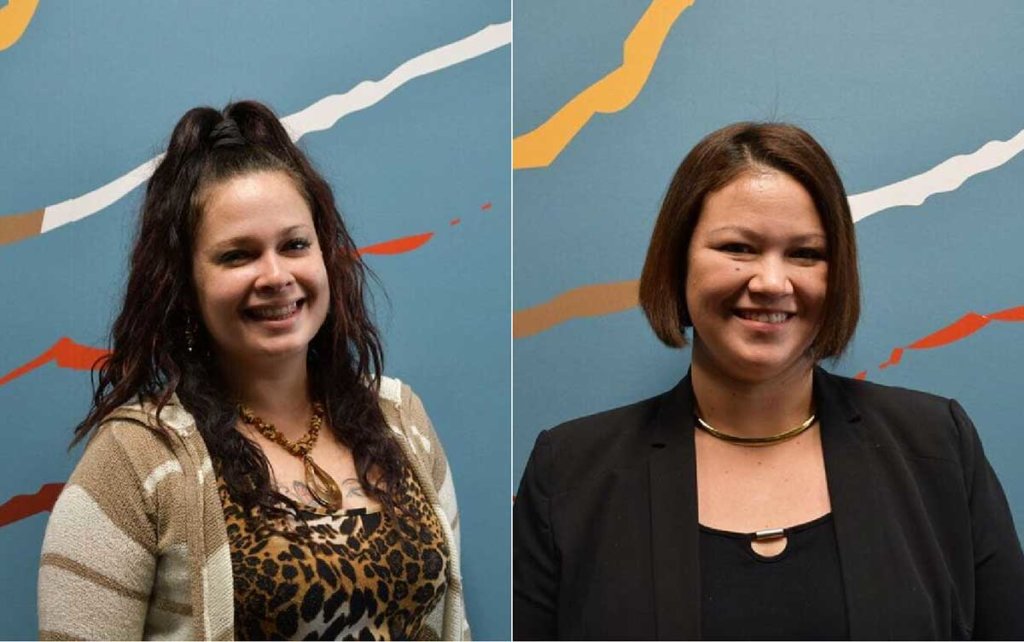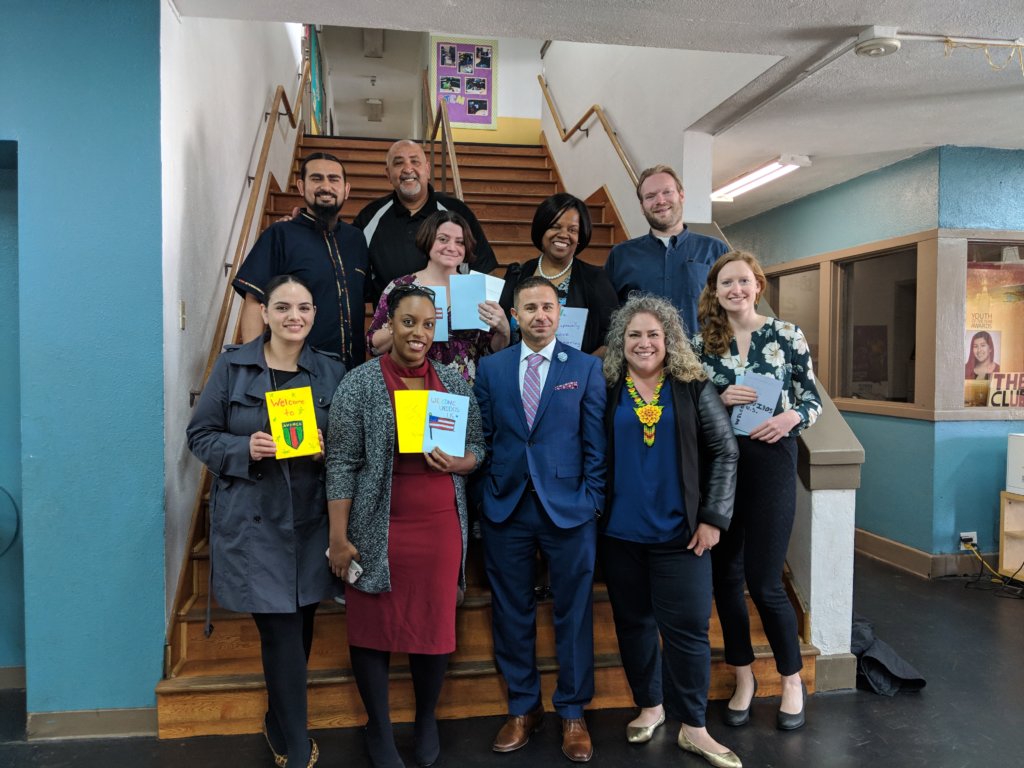Parent Engagement Is Essential for Latino Youth to Beat Their College Odds
By Catalina Kaiyoorawongs, National Institute for Latino School Leaders Fellow, NCLR

The White House announcement released during the 2011 Latino Heritage Month states, “The Latino community’s ability to thrive is vital to the future of our nation and is critical to our out-educating, out-innovating, and out-building the rest of the world.”
Keep up with the latest from UnidosUS
Sign up for the weekly UnidosUS Action Network newsletter delivered every Thursday.
Considering that one in every four newborns in the United States is Latino, innovation and progress can only happen if Latinos themselves progress. In Florida, specifically, Latino students make up 24 percent of the total K–12 student population in Florida.
Yet, only 6.2 percent of full-time college students (both undergraduate and graduate students) in October 2010 were Latino. Only 14 percent of the Latino population 25 and older had obtained a bachelor’s degree or higher in 2010.

Regardless of your political view, the soon-to-be majority Latino population in Florida and the United States is the new American reality. Educating all of our children the best we possibly can is the most prudent down payment on our collective future.
High school graduation vital to our nation’s youth. However, in our current economy, the rate at which Latinos are attending college is of growing significance. A more educated population inarguably means a less impoverished, safer, and more prosperous nation.
As taxpayers, we provide K–12 education for free, and yet we contribute very little to facilitating entrance into postsecondary educational institutions. Even though college education and active leadership is imperative to empowering the Hispanic community, in Florida, it is common to find 400–700 students assigned to each high school guidance counselor. This makes their ability to reach students, let alone parents, virtually impossible.
Postsecondary intervention is especially important to the Latino community because many of our students are the first generation in their families to attend college, making the U.S. college admissions process completely unfamiliar to them. It shares no parallels with the college application processes of the countries their parents are from, even if they had attended college.

It stands to reason that if your parents did not pursue a higher education, and as a student you did not have the resources and guidance, the odds are that you won’t be going to college, either. This is no surprise and is principal among many reasons why we face this epidemic of low college attainment and completion.
Providing resources and information is crucial for students, but as first-generation students, parental engagement is imperative to address college- and career-readiness, attainment, and success. NCLR recognizes the importance of parental engagement and funds the training and facilitation of a program called Padres Comprometidos. Padres Comprometidos is a parent engagement program whose primary goal is fostering a strong connection between schools and parents. The program builds the capacity of Latino parents to acquire the skills they need to effectively engage with schools and play a leading role in preparing their children for college. Padres Comprometidos addresses language and culture as assets—rather than obstacles—upon which skills, confidence, and, ultimately, empowerment, are built.
UnidosNow, an Affiliate of NCLR, integrates parents into the college- and career-planning process. We identify promising Latino students with dreams of attending college to develop the academic, social, and organizational skills needed not only to go to college, but to also become tomorrow’s community, state, and national leaders. Parent engagement, supplemental guidance, and empowerment are key to assist Latino youth in beating the college odds and to be part of our nation’s ability to compete in the global economy.


